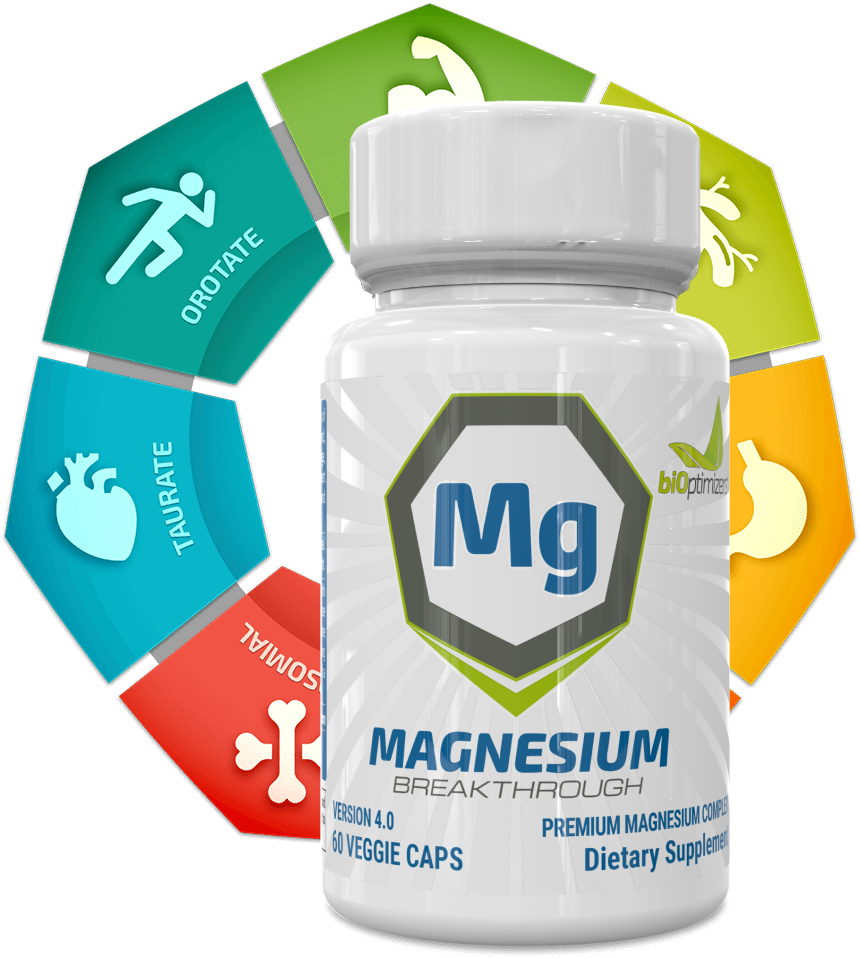Do you have sensitive skin?
Do you continue to struggle to clear your skin, regardless of how much you spend on skincare items, or how firmly you stick to your extensive skincare regimen?
It’s not your fault–as the skincare movement has grown, so has the quantity of skincare products. Unfortunately, the quality of many of these items are too harsh, or even toxic, for most skin types.
Get the ultimate guide to DIY non-toxic skincare by downloading this f.ree “Non-Toxic Body Care & DIY Recipe Guide to Soothe Inflammation, Eczema, & Skin Disease.”
Even skincare labelled “organic” isn’t always as “clean” as it’s marketed to be.
Making and selling a genuinely safe, organic skincare product is a complicated and expensive process, especially because of the many ingredients that go into them. However, this hasn’t stopped companies from using the “organic” label to make their products come across as being gentle, clean and high quality. This practice is called “green-washing,” and creates a wide range of skincare product “imposters.”
The two big problems with store-bought skincare products include:
Misleading Marketing
Marketing can notoriously lack transparency, especially when trying to hype up a product.
When it comes to skincare, it’s common practice to place a big spotlight on whatever ingredient is currently trending in the media. Most commonly, companies will choose an “organic” ingredient to promote.
Unfortunately, organic ingredients are commonly only a small component in a product’s formulation.
You may see that a product contains organic jojoba, which is well known for helping with skincare struggles like eczema and psoriasis. It’s all over the packaging and marketing, giving you, the buyer, a false sense that the product is filled with organic jojoba.
To find out just how much jojoba is actually in a product, check the label (Although, sometimes even this doesn’t make it clear). Often, the amount of actual jojoba present in the product is minimal, regardless of what the packaging will lead you to believe, and instead is mixed with a cocktail of non-organic, often toxic ingredients. This is even more common in non-organic products.
Organic, especially in the skincare industry, is a highly unregulated term, and even just 1 organic ingredient justifies claiming organic all over the products branding and promotion.
This goes the same for claims such as vegan, all-natural, pure, clean, wild crafted, etc. These are all marketing terms that do very well to paint a picturesque image in the buyer’s mind, giving the false impression that the product they are buying is pure, gentle, and free of harmful ingredients.
They Contain Toxic Ingredients (Yes, Even Some “High End” Products)
When it comes to formulation, all products, even those containing certified organic ingredients, lose their value when formulated alongside toxic ingredients.
These are just a few of the toxins frequently found in store-bought skincare items:
- Parabens: Parabens are known endocrine disruptors. Issues such as inflammation, fat storage, and reproductive hormone imbalances have been linked to parabens present within the body.
- Alpha and Beta Hydroxy Acids: These acids are chemical skin exfoliators that make your skin photosensitive. Using Alpha and Beta Hydroxy acids prior to sun exposure can damage your skin and accelerate skin aging due to UV damage.
- Hydroquinone and Benzophenone: These carcinogens are banned in Europe due to their toxicity. They are known irritants internally and externally, affecting our eyes, skin and lungs as well as adding to the toxic load in your liver and kidneys.
- Fragrance: Fragrance in skincare offers no benefits to your skin. In skincare, it’s an umbrella term that can comprise up to 300 different synthetic chemicals, which are irritating and toxic.
- Phthalates: Phthalates are responsible for that ‘soft’ feeling in skincare, acting as a lubricant and is one of the many ingredients contained in ‘fragrance’. Like Parabens, Phthalates are endocrine disruptors and have been linked to birth defects.
- PEGs: Polyethylene Glycol acts as thickeners in skincare and helps ingredients penetrate the skin more effectively. However this synthetic chemical has been linked to toxicity once absorbed through the skin and although it makes skincare feel more emollient, it actually dries up your skin.
In our efforts to have and maintain vibrant health, what we put on our skin…And what we DO NOT put on our skin, is definitely important.
The best way to make sure you’re truly aware of what’s going on your skin is to make your skincare yourself. Find out how when you download this f.ree guide,
Non-Toxic Body Care & DIY Recipe Guide to Soothe Inflammation Eczema & Skin Disease.
Visit veganrecipes.com for amazing vegan recipes, and don’t forget to sign up for VegHealth to get more beneficial vegan knowledge.







































